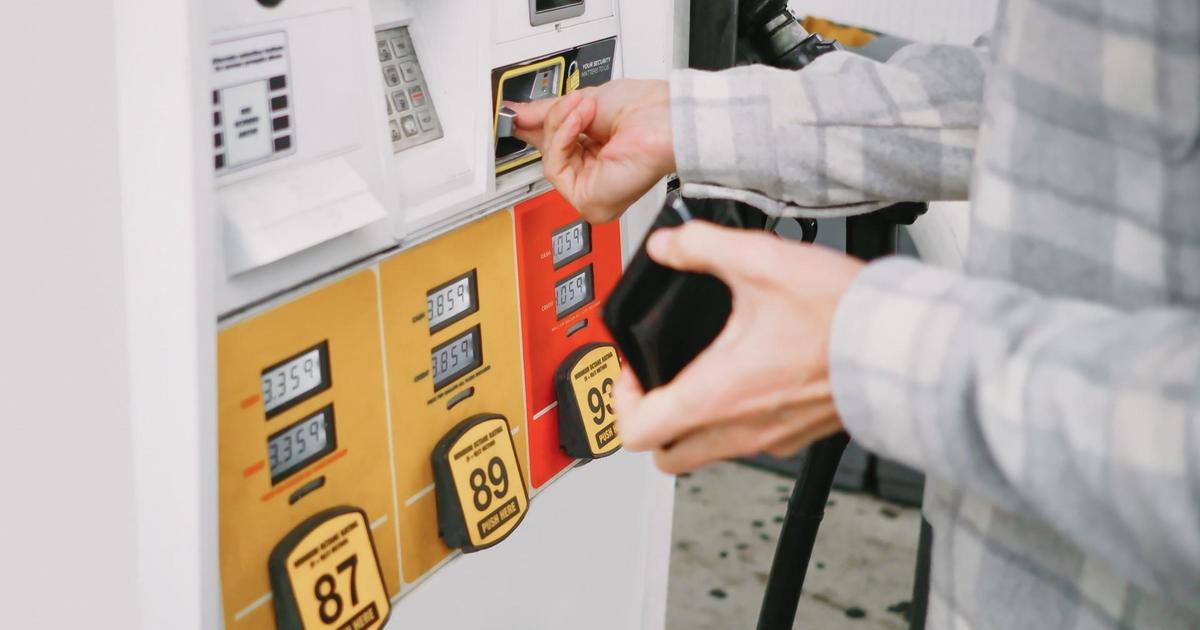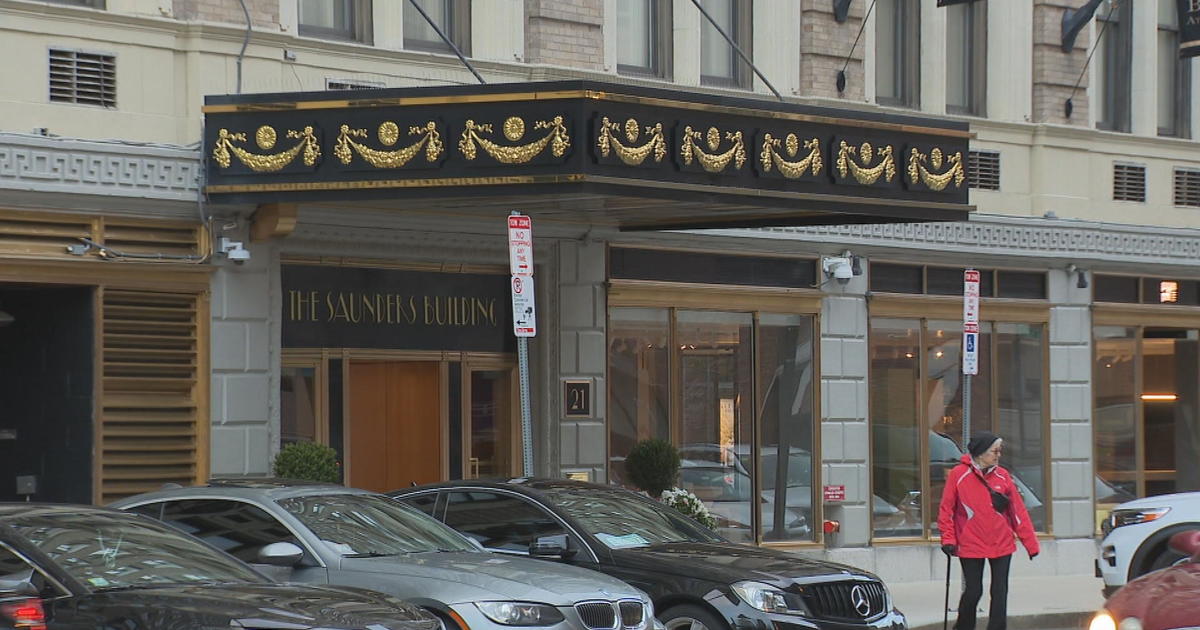Seat Belt Use At All-Time High In Massachusetts, But State Still Lags, Study Says
BOSTON (AP) — Seat belt usage has climbed to an all-time high in Massachusetts, yet according to new research from the state highway safety division more than one in five motorists still do not buckle up.
An observational study conducted for the agency by the University of Massachusetts Traffic Safety Research Program found that 78.2 percent of drivers and front-seat passengers were properly wearing safety belts, up from 74 percent in last year's study. The usage rate has risen over the last decade from 67 percent in 2006.
"We are moving in the right direction but we have a long way to go to where we hope to be," said Jeff Larason, the state's highway safety director.
Massachusetts has lagged behind the nation as a whole when it comes to buckling up.
In 2015, the state's 74 percent usage rate ranked 48th, according to figures from the National Highway Traffic Safety Administration. Only New Hampshire (69.5 percent) and South Dakota (73.6 percent) had lower rates.
The U.S. average was 88.5 percent.
According to the Governors Highway Safety Association, 34 states have primary seat belt laws, allowing police to stop and ticket drivers solely for their failure to wear seat belts. Massachusetts is among 15 with a secondary law, meaning police can only issue tickets to drivers not wearing their seat belts when they are pulled over for other infractions, such as speeding. New Hampshire has neither a primary nor secondary law.
Reluctance among Bay State residents to embrace tougher enforcement dates to at least 1986, when a popular radio talk show host, Gerry Williams, led a successful campaign to repeal a mandatory seat belt law enacted the previous year.
Opposition to tougher enforcement rules comes from those who resent government intrusion into what they view as a personal decision, and those who fear a primary seat belt law could lead to more racial profiling of motorists, Larason said.
There is no federal seat belt law, though U.S. regulations have long required new cars to have seat belt reminders, such as loud chimes or flashing lights on the dashboard.
The UMass study was based on observations of drivers and front-seat passengers in 27,000 vehicles at 147 locations. A separate, online survey of 500 residents recently conducted for the state by Strategic Opinion Research, Inc., found the most common reason given by drivers for not always wearing safety belts was that they were only driving a short distance.
"They don't feel like they are in danger for that short trip to run down to the grocery store for five minutes," said Larason. "The unfortunate reality is that's where most accidents happen."
People were more likely to fasten seat belts for longer rides at higher speeds on highways, the survey found, but some drivers admitted shunning seat belts because they found them uncomfortable.
The agency planned to focus educational outreach efforts on drivers with the lowest rates of seat belt usage, which include men between the ages of 18 and 34 and commercial truck drivers. Overall, 72.6 percent of men and 84.5 percent of women observed during the study were buckled up.
Copyright 2016 The Associated Press. All rights reserved. This material may not be published, broadcast, rewritten or redistributed.
WBZ NewsRadio 1030's Carl Stevens reports



